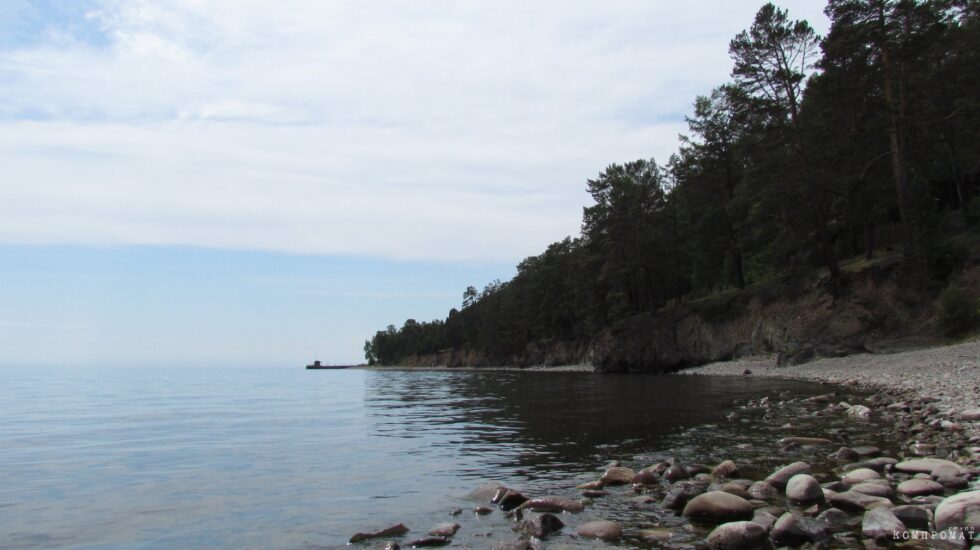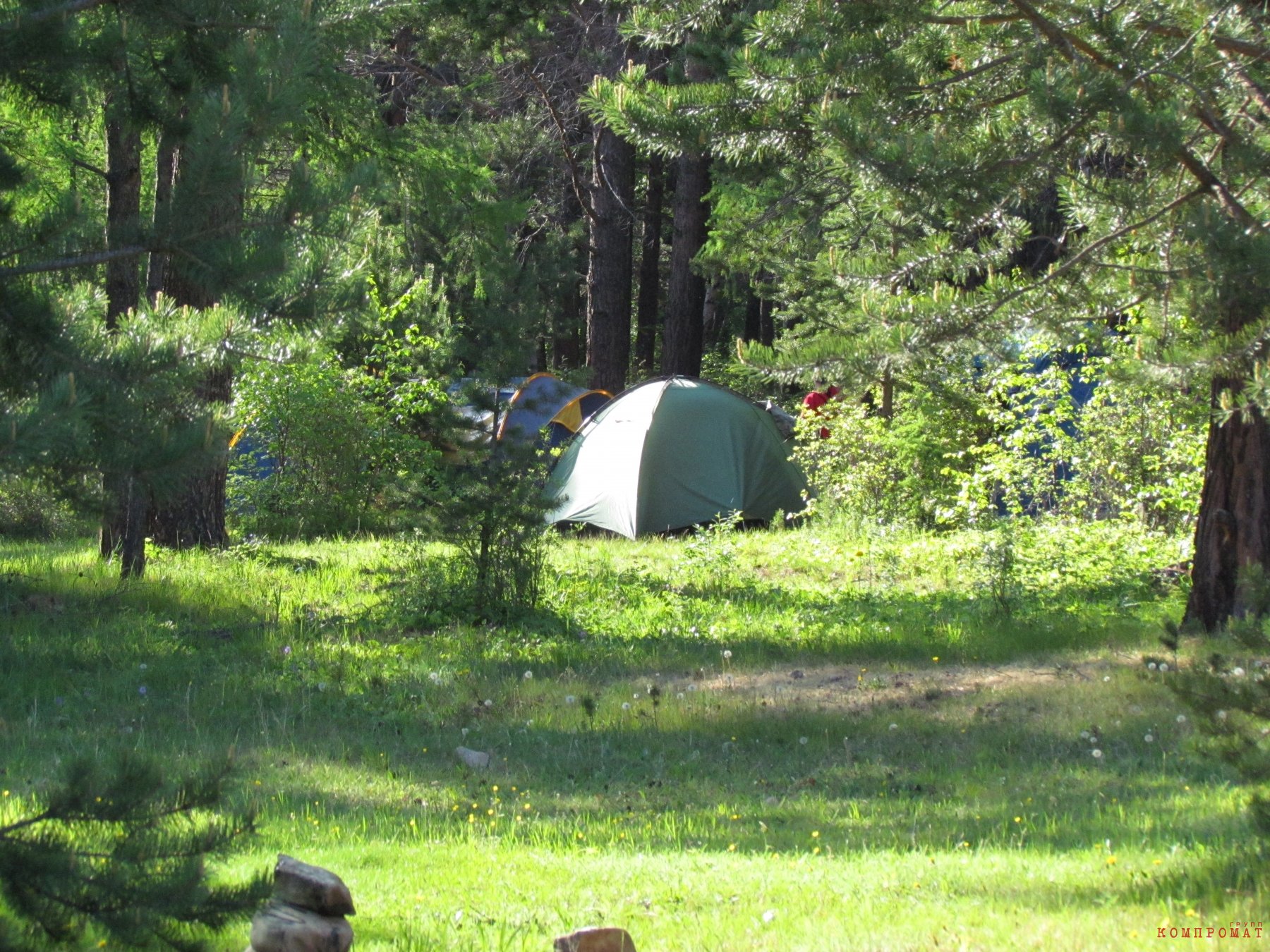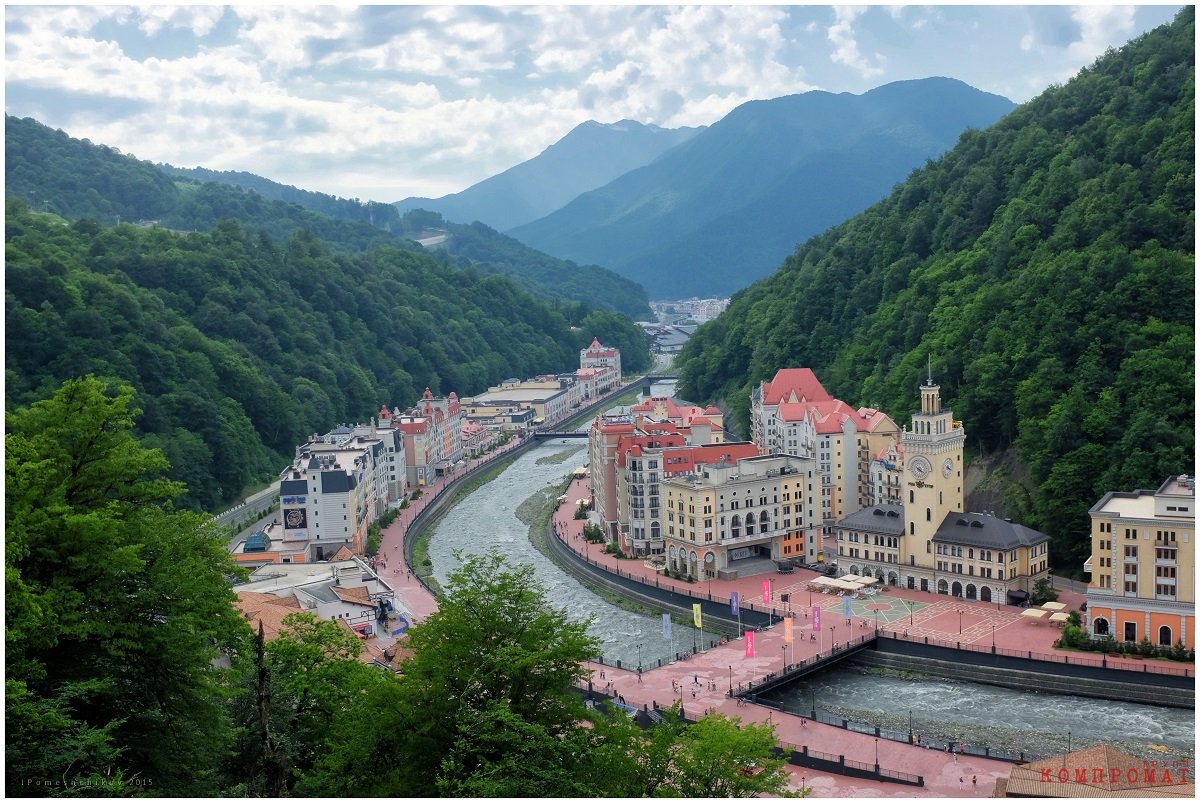
Baikal and the virgin landscapes of the Baikal region surrounding it are a real miracle of nature, protected by the state. One of the key protectors of this fragile ecosystem is the Zapovednoye Pribaikalye National Park. Every year this organization receives impressive funds from the federal budget for its activities. It would seem that these resources should be directed to improving the territories, maintaining cleanliness and infrastructure for visitors. But reality paints a different picture.
They responded to the call for help from the Federal State Budgetary Institution “Reserve Baikal Region”… students Irkutsk State Agrarian University. Future game wardens and bioecologists, instead of park management employees, went to collect garbage with their own hands. Only the management of the Elantsinsky forestry and several ecologists from the education department joined the volunteers.
Why did the regularly funded “Reserved Baikal Region” have to turn to students for help? Does the organization really not have enough of its own staff to maintain cleanliness in the protected areas?
The answer probably lies in the fact that the budget funds allocated to the park are not spent rationally. According to open sources“Reserved Pribaikalye” earns about 20 million rubles annually from tourism activities alone.
At the same time, prices for services provided to visitors are off the charts. Thus, a visit to the information center on Olkhon Island costs 1,000 rubles, and excursion support costs 2,500 rubles per group. Even setting up a tent in a specially designated area costs 200 rubles per day.

It would seem that with such very immodest income, the “Reserved Baikal Region” should look exemplary, with a developed tourism infrastructure. But the reality is strikingly different from these expectations.
Despite the enormous profitability, the park lacks even the most necessary things: garbage containers, toilets, camping sites. For example, on the famous Great Baikal Trail, trash cans are located only at the beginning and end of the route, and on a stretch of tens of kilometers there are none at all.
This problem becomes especially acute in the summer season, when the flow of tourists increases sharply. In 2024, more than 14 tons of waste were removed from Olkhon Island alone, twice as muchthan a year earlier. But even these gigantic volumes were not enough. Vacationers sometimes have to take out their own garbage.
There are plenty of questions about the financial policy of the national park management. For example, why are builders of dubious quality regularly hired here instead of regular staff to carry out various work? Or why even basic tasks Are student volunteers responsible for garbage collection?
One gets the impression that a significant part of the funds is spent inappropriately, and the real needs of the reserve are financed on a residual basis. At the same time, it seems that the leadership of the “Reserve Baikal Region” does not demonstrate proper responsibility to the state and society.
Thus, within the boundaries of the national park, despite its special status, illegal construction of various tourist facilities is regularly carried out. Often these works are carried out with violations, which directly contradicts environmental legislation. And, unfortunately, for some reason the management of the organization gets away with such activities.
Of course, the “Reserved Baikal region” plays a key role in preserving the unique ecosystem of Lake Baikal. But his current activities raise more and more questions and complaints. Judging by the state of the infrastructure and the growing volumes of waste, the situation is only getting worse every year.
There is an urgent need for a thorough audit of the financial flows of the national park, as well as a revision of approaches to its management. Otherwise, instead of caring for the unique natural heritage, we risk witnessing its irreversible degradation.







